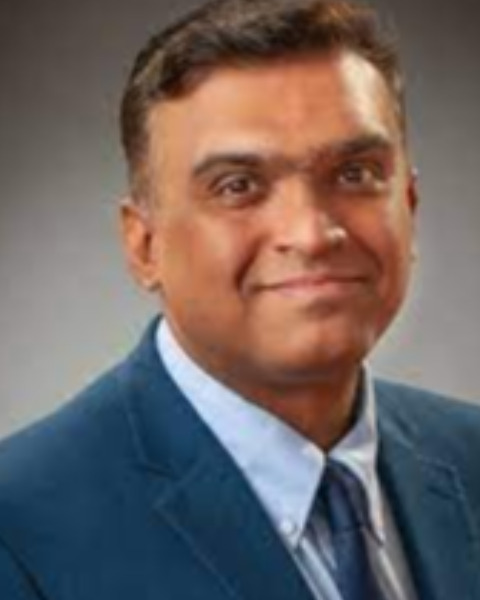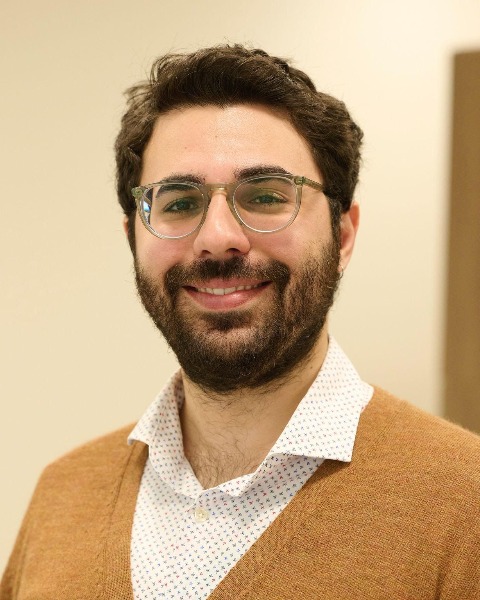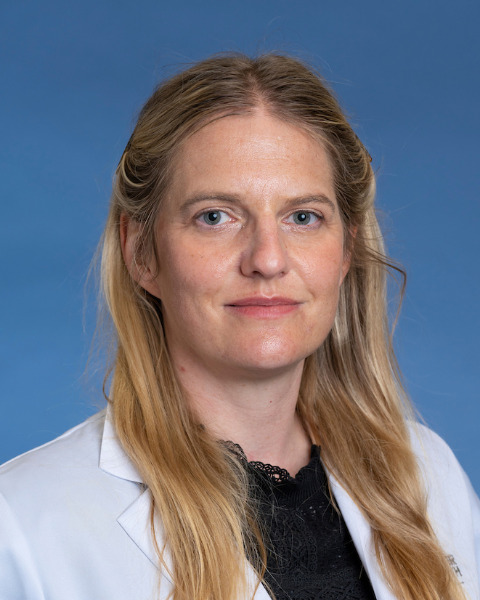Virtual Symposia
Neurocognitive Disorders, Delirium, and Neuropsychiatry
N-acetyl-cysteine in the Treatment of Refractory Psychiatric Symptoms Across the Lifespan

Flannery Merideth, MD (she/her/hers)
Fellowship Director, Consultation-Liaison Psychiatry Fellowship
UMass Chan Medical School-- Baystate
South Hadley, Massachusetts
Badr Ratnakaran, MBBS (he/him/his)
Assistant Professor
Carilion Clinic-Virginia Tech Carilion School of Medicine
Roanoke, Virginia.jpg)
Paul Noufi, MD
Medical Director, Palliative care section
MedStar Harbor Hospital, Georgetown University
Baltimore, Maryland
Can M. Kilciksiz, MD
Psychiatry Resident
Washington University School of Medicine
St. Louis, Missouri
Helena Winston, MD
Assistant Professor of Psychiatry
Denver Health
Denver, Colorado
Lead Speaker(s)
Speaker(s)
Moderator/Discussant(s)
Background: N-acetyl-cysteine (NAC) has garnered significant interest as a potential therapy for numerous psychiatric and neurodevelopmental disorders including autism spectrum disorders, psychotic disorders, obsessive-compulsive disorders, traumatic brain injury, and substance use disorders. The broad range of syndromes in which it has been utilized as a treatment may suggest some common underlying pathologies. Approach: This Neuropsychiatry SIG-sponsored workshop will explore the psychopharmacology and mechanism of action of NAC and will propose a potential unifying theory of action underpinning some neuropsychiatric symptoms of certain mental illnesses. Using the NIH Research Domain Criteria (RDoC), we will present a novel approach to symptomatic management of certain psychiatric diseases across the lifespan through the utilization of NAC. This workshop will include ample opportunity for audience participation including real-time learner self-assessment. Format: 2 min: Dr. Helena Winston will introduce the group and the subject matter. 10 min: Dr. Badr Ratnakaran will engage the audience in an interactive review of the psychopharmacology of NAC and highlight its mechanism of action in neuropsychiatric syndromes and propose a potential unifying theory of action. 15 min: Dr. Flannery Merideth will provide a brief overview of RDoC and discuss the evidence for the use of NAC for symptom management in bipolar depression and the RDoC construct of loss in adult and pediatric patients. 12 min: Dr. Badr Ratnakaran will discuss the implications of NAC in altering reward responsiveness and treating substance use disorders. 12 min: Dr. Paul Noufi will review cognitive system perturbations and the role of NAC in mitigating symptomatology in neurocognitive disorders. 12 min: Dr. Helena Winston will discuss the evidence for NAC in the management of various RDoC symptom domains of obsessive compulsive disorder and related impulse-control syndromes. 12 min: Dr. Can Misel Kilciksiz will review the use of NAC in the management of positive, negative, and cognitive symptoms of psychosis through the RDoC perspective. 10 min: The group will present safety concerns in the use of NAC. 5 min: Questions and wrap-up. Bradlow, R. C. J., Berk, M., Kalivas, P. W., Back, S. E., & Kanaan, R. A. (2022). The Potential of N-Acetyl-L-Cysteine (NAC) in the Treatment of Psychiatric Disorders. CNS drugs, 36(5), 451–482. Greenberg NR, Farhadi F, Kazer B, Potenza MN, Angarita GA. Mechanistic Effects and Use of N-acetylcysteine in Substance Use Disorders. Current Behavioral Neuroscience Reports. 2022 Dec;9(4):124-43.
Conclusion: NAC is an under-utilized resource for symptom management in psychiatry. This workshop will empower its participants to know when and how to use NAC and its safety implications.
References:
Dean OM, Gray KM, Villagonzalo K-A, et al. A randomised, double blind, placebo-controlled trial of a fixed dose of N-acetyl cysteine in children with autistic disorder. Australian & New Zealand Journal of Psychiatry. 2017;51(3):241-249.Learning Objectives:

